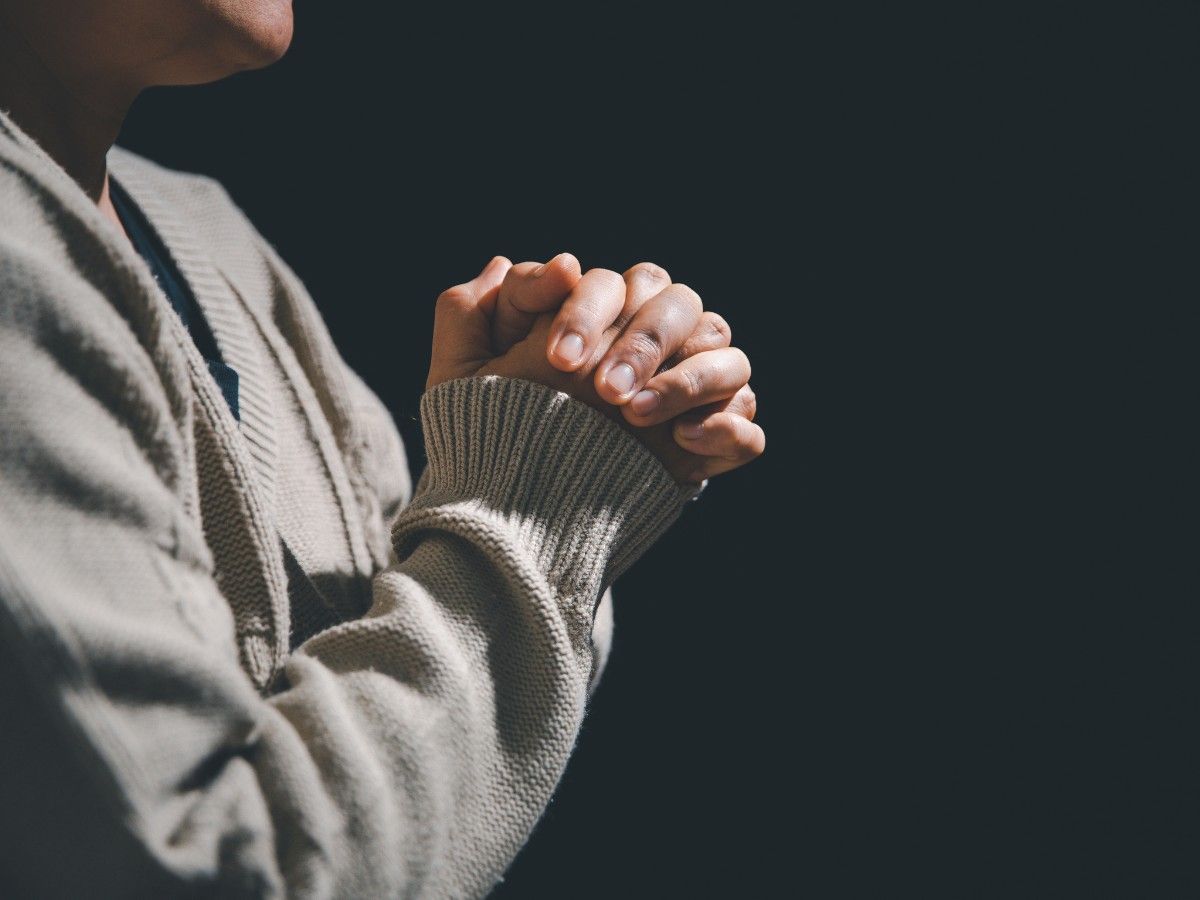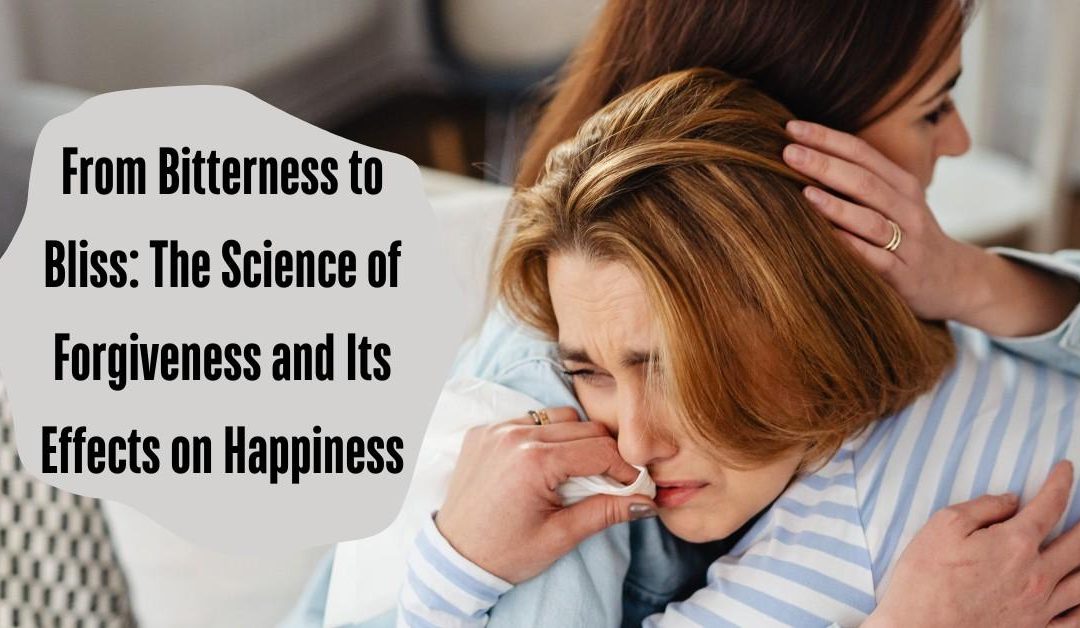Is Forgiveness the Key to Freeing Yourself from Grudges?
Have you ever gripped a grudge with such force it seemed to pull your existence downward? Do you find it difficult to give forgiveness to others? You’re not alone.
The Hidden Power of Forgiveness: Unlock Joy and Inner Peace
Forgiveness is a scientifically supported path to emotional freedom and long-lasting happiness, not merely a high ideal. Let’s examine how letting go can genuinely make your life better and your heart lighter.
Grudges: A Heavy Load You Don’t Need to Carry
“I’ll never forgive them.” None of us have escaped uttering this statement while using our fury as protective armor. But does it really? Our emotional investment in bitterness creates more self-harm than pain for those who caused our suffering. Think of it this way: Keeping grudges functions similar to hauling massive suitcases on lengthy expeditions because the added heaviness overwhelms travelers and makes their travels impossible.
The social foundations in Pakistan based on family ties render painful interpersonal ruptures a deep severing experience for its people. But here’s the good news: Making an act of forgiveness benefits you more than other individuals because it serves as a present that you provide to yourself. From a scientific perspective forgiving others supports better mental health while lowering stress levels and bringing physical health benefits. What steps lead us to transform from feeling bitter to experiencing happiness? Let’s find out.

The Journey from Grudges to Growth
Forgiveness Unmasked: What It Is and What It’s Not
Forgiveness often gets misunderstood. People misunderstand forgiveness when they think it involves deleting past events or making claims that behaviors were acceptable. Forgiveness serves to liberate the emotional control that a traumatic event currently holds on your psyche. Trying to forgive is like cleansing the mental and spiritual space of pain. Here’s what it’s not:
Not a Free Pass
Forgiving someone doesn’t mean they’re off the hook.
Not About Forgetting
You can forgive without erasing the memory.
Not Weakness
Choosing to forgive is a sign of emotional strength, not vulnerability.
What it is, however, is reclaiming your peace and focusing on your happiness rather than your hurt.
The Forgiveness Struggle: Why Letting Go Feels So Hard
Why must forgiveness be difficult to achieve even though it offers significant advantages to those who choose to forgive? Here’s why:
Cultural Stigma
In Pakistan, forgiveness can sometimes be seen as a sign of weakness, especially in matters of family honor or societal expectations.
Ego and Pride
Let’s be honest, sometimes our ego keeps us from letting go. “Why should I be the one to forgive?” is a common thought.
Fear of Vulnerability
Forgiving might feel like opening yourself up to being hurt again.
Lack of Closure
Forgiveness Meets Science: What Happens Inside Your Brain
The interesting part is that forgiveness is biological in nature rather than merely emotional. Forgiveness has quantifiable impacts on your body and brain, according to studies. Let’s dissect it:
Stress Reduction
Your reduction in cortisol (stress hormone) levels brings about enhanced feelings of relaxation after you choose to forgive.
Better Heart Health
Holding onto grudges increases blood pressure levels in your body. Cardiovascular health improvements result from practicing forgiveness.
Improved Mental Health
When you learn to forgive others you reduce your likelihood of experiencing anxiety or depression because emotional weight will no longer burden you.
Brain Benefits
MRI studies reveal that when we forgive others our brain reward centers become active to produce emotional relief.
From Anger to Joy: How Forgiveness Boosts Happiness
There is no denying the connection between pleasure and forgiveness. You can improve your emotional health by forgiving people in the following ways:
Emotional Freedom
Letting go of anger and resentment makes room for joy and peace.
Improved Relationships
Forgiveness paves the way for healthier, more meaningful connections.
Inner Peace
Long-term grudges prevent you from moving forward from your past experiences. When you forgive others you achieve the ability to fully experience the current moment.
Boosted Self-Esteem
When you forgive situations you gain the ability to assert control while experiencing emotional freedom.
Faith and Forgiveness: Lessons from Spirituality
Our cultural value of forgiving others runs deep through our religious heritage which is fully embedded in Pakistani daily practice. Through an Islamic religious perspective, forgiveness remains a vital core principle. Carrying out prayer together with zikr practices assists believers in developing greater forgiveness toward others. Allah SWT says in the Quran; “But if you pardon, overlook, and forgive then indeed, Allah is Forgiving and Merciful” (Surah At-Taghabun 64:14).
Your Forgiveness Toolkit: Steps to Let Go and Heal
It’s acceptable if it takes some time to forgive because it’s a process. The following concrete actions will assist you in your journey:
Acknowledge Your Feelings
Start by identifying and validating your emotions. To feel hurt or even angry is completely okay and acceptable.
Write It Down
Journaling about your feelings can provide clarity and serve as an emotional release.
Shift Perspectives
Make an effort to grasp what the other person believes and thinks. Understanding their perspective doesn’t condone their choices yet it helps release your resentment toward them.
Focus on Your Growth
Consider this question to yourself: “What good does this grudge provide when I try to keep it?”. Probability is high, that it doesn’t provide any benefits.
Seek Support
You should speak with someone you trust both emotionally and professionally like a personal therapist. If we talk to people we trust we might discover crucial insights.
Forgiving Yourself: The Hardest but Most Important Step
“You can sit there forever, lamenting about how bad you’ve been, feeling guilty until you die, and not one tiny slice of that guilt will do anything to change a single thing in the past. Forgive yourself, then move on!”
— Wayne Dyer
Healthy happiness requires self-forgiveness which stands equal to forgiving those around you. To achieve happiness self-forgiveness must be equally important as forgiving others. Here’s how to start:
Recognize Mistakes as Lessons
Avoid self-criticism and instead embrace the knowledge gained from the experience.
Practice Self-Compassion
Treat yourself with the same kindness you’d offer a friend.
Make Amends
If your actions hurt someone else, apologize and take steps to make things right.
Real Stories, Real Forgiveness: Inspiring Journeys
When someone shares their life story it acts as motivation. Hira from Lahore demonstrated reconciliation by forgiving her discarded friend after their extended separation. When she stopped hanging onto her resentment she found peace inside herself and restored her friendship. Lastly memories about forgiveness teach us about how powerfully this practice can reshape our lives.
“Forgive yourself first. Release the need to replay a negative situation over and over again in your mind. Don’t become a hostage to your past by always reviewing and reliving your mistakes. Don’t remind yourself of what should have, could have, or would have been. Release it and let it go. Move on.”
— Les Brown
Let Go, Live Free: Forgiveness Is the Ultimate Gift
Forgiveness is a choice to put your pleasure above your hurt; it’s more than just a nice gesture. Letting go is freeing, according to both spirituality and science. A lighter, happier life is yours when you forgive yourself and others.
“Forgiveness has nothing to do with absolving a criminal of his crime. It has everything to do with relieving oneself of the burden of being a victim—letting go of the pain and transforming oneself from victim to survivor.”
― C.R. Strahan, “The Roan Maverick”
Choose Peace: Letting Go for a Happier Life



I just finished reading this amazing post on forgiveness and its impact on happiness. I have to say, it really hit home for me. The author’s explanation of how holding onto bitterness can affect our well-being was so insightful. I loved how the post wasn’t just about theory, but also had practical advice on how to apply forgiveness in our daily lives. It’s definitely given me a lot to think about and work on.
Thanks for sharing this inspiring and informative post!